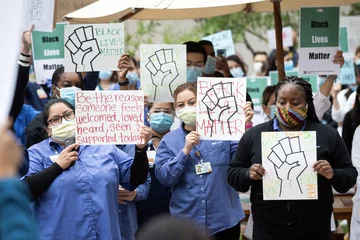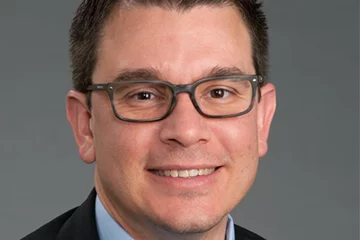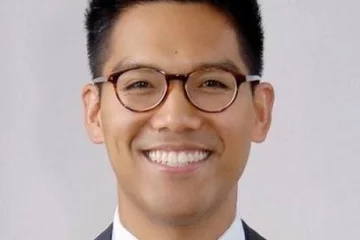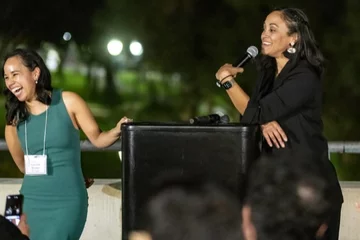Restorative Justice in Academic Medicine

What is Restorative Justice?
Restorative justice is a process that facilitates community engagement, communication
and a new approach to reparations from harm. The process has been used for centuries
in Indigenous communities and offers a less punitive approach to resolving conflicts.
What is Restorative Justice in Academic Medicine (RJAM)?
RJAM is an initiative that the American Association of Medical Colleges (AAMC) has
spearheaded to bring Restorative Practices to Academic Medicine Institutions. Many medical schools across the country have implemented this
practice in managing difficult situations where there is harm caused.
How can DGSOM use Restorative Practices?
Three Tiers of Restorative Justice, Peer Connect (c) 2016
Tier I: Community Building
This is arguably the most important tier. It is very difficult to engage in discussion around repairing a community, if members don’t feel connected to or represented by it. Community building is largely conducted through Circle-keeping protocols. This space can be used to surface student issues, discuss current events, and other expressive forms of the communities' voice.
Tier II: Repair Relationships - Harm & Healing
When harm takes place, it has the potential to impact multiple members within the community. Tier II practices are specifically used to address harm, unearth what happened and develop a plan for how relationships can be repaired.
Tier III: Re-Entry
Sometimes community members experience an extended period of time away from the workplace, school, etc. Tier III practices aim to reintegrate community members in a manner that is both humane and sets the groundwork for a productive return.

Rolling out RJAM at DGSOM
DGSOM has embarked on a journey to bring restorative practices into our institution to build community and as an alternative dispute resolution tool. In order for this program to be successful, a steering committee has been formed to guide the strategic roll-out.
Phases of RJAM Roll-out
Phase 1 will include socialization of RJAM practices to the DGSOM Community broadly as well as the development of an Ambassador Program for community members interested in becoming facilitators. Details for upcoming training opportunities will be included below if you're interested in learning more. Please note we are currently in this phase.*
Phase 2 will include the development of a dedicated team under the Dean's OIE Office who will manage requests for Tier 1 circles. This phase will continue to develop it's Ambassador Program with more advanced trainings.
Phase 3 will include the expansion of RJAM services to Tier 2 and Tier 3 circles.
Upcoming Training Opportunities
Restorative Justice in Academic Medicine (RJAM) 101
This workshop will dive deeper into the three tiers of restorative justice and restorative practices. These principles are based upon the process of community building and acknowledgement of accountability.
In this training, you will learn:
- When to consider restorative justice to promote healing when harm has occurred
- How to incorporate community building circles into everyday work
- How leading with a restorative mindset can help navigate conflict
Please note, this training is a pre-requisite to participate in Facilitator Training.
RJAM 101 Trainings
There are no sessions scheduled at this time. Please check back later this fall for our next round of trainings.
If you're interested in becoming a circle facilitator, join our RJAM Facilitator Interest List to be looped into emails related to our Ambassador Program.

Messages of Support
In the wake of heavy unrest in Iran, we deeply grieve the recent deaths of many Iranian protestors.

Welcome from the Vice Dean of Inclusive Excellence
Deep, lasting change is only possible when there are systems and structures to guide change and reinforce new and emergent ways of being.

